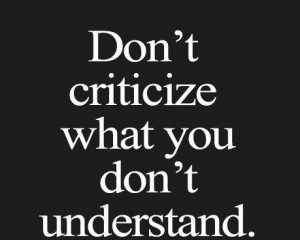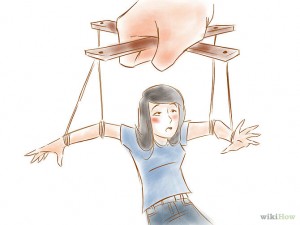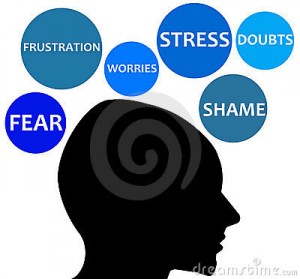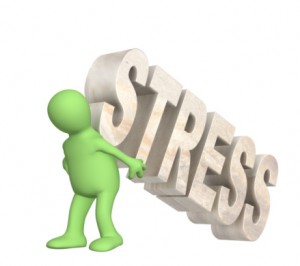This week violence erupted with another shooting taking place on a college campus that reignited the ‘discussions’ on gun control and mental illness. The passionate rhetoric made me stop and ask what has been studied on this subject.* Of course, anyone that goes into a building fully armed and prepared to kill many other humans has a mental health issue. Is it as simple though to assume that the issue is bipolar, schizophrenia or another psychotic issue?
Studies have been conducted that show that “fewer than 5% of the 120,000 gun related killings in the United States between 2001 and 2010 were perpetrated by people diagnosed with mental illness”; in fact they are more likely to be the victim of violence. When we talk about mental health, what we want to examine is, what other factors are likely leading to violent acts against even complete strangers?
The studies showed that the leading factors include “substance abuse, childhood maltreatment, and neighborhood disadvantage”. However it was one of the other factors that really got my attention; ANGER. Those that were seen as having difficulty managing their anger were far more likely to be violent in the community.
There is no doubt that when there is a lack of hope and opportunity, when there is a lack of connection with others, the feelings of anger can arise. If individuals do not have the skills and tools to manage their anger or if they have turned to substance abuse to mask their pain, the feelings and buildup of anger can easily erupt into violence. However we should never talk ourselves into believing that because we provide well for our children, or we believe our kids are protected from bad influences, that our children will never have issues with anger.
Anger does not need these extreme situations. All that the emotion of anger needs to grow itself in anyone is feeling the fear of failure, fear of not being enough or not getting a need met. It can come on a person as a part of grieving a death, or not feeling accepted by someone important to us. Anger can be expressed with frustration or revenge, rebellion or hostility, sarcasm or spitefulness. Sometimes it is expressed in violence against someone close to us or even on those that we do not know.
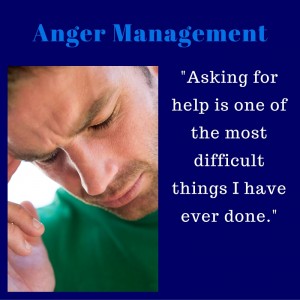 Knowing that the feelings of anger can fuel violence, every parent, teacher & student – every community, school and service organization must ask themselves, “What am I doing to be more peaceful? How am I teaching the children in my sphere of influence to manage their anger and find peace? What proactive steps am I taking to bring out the best in my children and myself?”
Knowing that the feelings of anger can fuel violence, every parent, teacher & student – every community, school and service organization must ask themselves, “What am I doing to be more peaceful? How am I teaching the children in my sphere of influence to manage their anger and find peace? What proactive steps am I taking to bring out the best in my children and myself?”
I would encourage every parent to examine the influences in their life and their children. Are we surrounding ourselves with those who demonstrate the qualities we want to see in ourselves and our children? At Balanced Life Skills we recognize that anger management is self defense. That is why we offer character education as a part of our program and Mr. Joe offers One on One lessons in anger management, helping children and parents bring out the best in themselves.
*If you would like to read in more detail the reports referenced in this post.
UC Berkeley Berkeley News
http://news.berkeley.edu/2015/05/11/psychosisandviolence/
MacArthur Research Network on Mental Health and the Law
http://www.macarthur.virginia.edu/risk.html
The MacArthur Violence Risk Assessment Study


